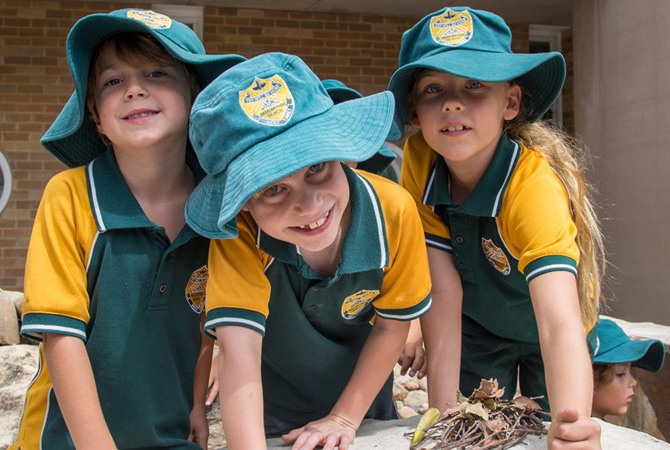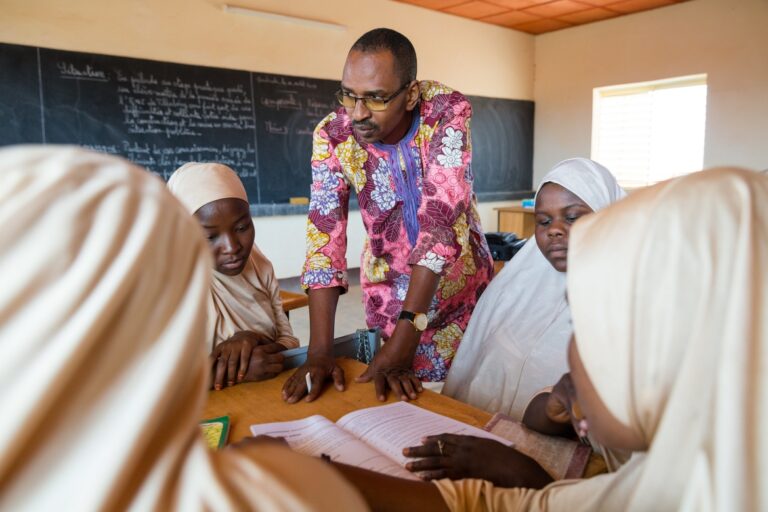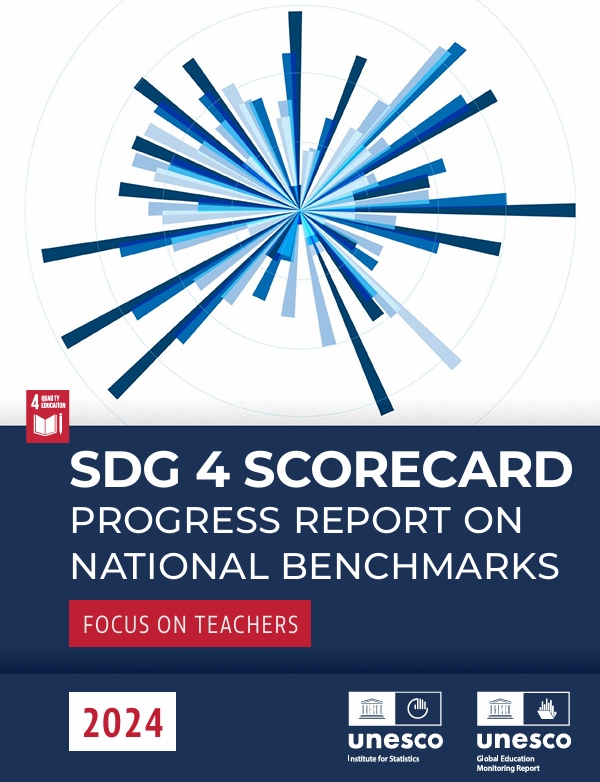Remember those childhood days of playing outside for hours with your friends until the sun went down and your parents had to practically drag you back inside?
While many may have thought you were simply running around wasting time, the reality is that you were probably engaging in highly beneficial activities that were helping to flex the muscles of your brain and imagination.
Neurological research indicates that the frontal cortex of a child’s brain is better developed when they engage in play and as such makes it beneficial for a child’s growth and development academically and socially, as well as for their overall health and wellbeing.
This research has played a part in primary schools in the Maitland-Newcastle diocese redesigning their indoor and outdoor environments areas
It is all part of the Early Learning Policy for Catholic Schools which was launched on 7 March at Holy Family Primary School, Merewether Beach.
The policy is influenced by current research in Early Childhood and is also influenced by Belonging, Being and Becoming- The Early Years Learning Framework for Australia (Australian Government, 2009). The Early Learning Policy details the importance of play for early learners as well as features other key elements such as data, environments and transitions.
The policy gives schools and their staff advice and guidelines on how to build the knowledge, understanding and skills around the best practices to develop and implement Early Learning initiatives and engage children in this type of learning.
“This Policy is aimed at giving children a foundation that will enable them to flourish in and achieve success not only at primary school but also to lay the foundation for their futures,” said Kim Moroney, the Education Officer for Early Learning at the Catholic School’s Office.
Schools are no longer just focusing on ways to build and expand on traditional learning methods inside the classroom, but are using play to develop a child’s capabilities, skills and understanding as well as meet their needs, with over a quarter of Catholic primary schools in the Hunter region already creating hands-on learning spaces.
The saying ‘a child’s brain is like a sponge’ certainly rings true, with early childhood being a time of remarkable growth and holistic brain development. During this time, children are highly influenced by the people and environment around them as they develop their social, emotional, cognitive and physical skills and needs, building a solid and broad foundation for lifelong learning and wellbeing.
When a child engages in play they begin to use their higher order thinking skills and immerse themselves in deep thinking and learning, which enhances their desire to continue to learn. Play becomes an intense mental activity which not only sees a child discover, create, improvise and imagine, but also create social groups with other children, test out ideas, challenge each other’s thinking and build new understandings. The quality and effectiveness of these play periods is linked to the quality of the resources the children have at their disposal.
“Play develops literacy and numeracy skills as well as giving children the opportunity to problem-solve, self-regulate, work in teams and engage with and connect with others and with nature,” said Kim.
Research has also shown that having time outside boosts a child’s ability to perform once they get back inside the classroom. Results from the Priority Research Centre for Physical Activity and Nutrition at the University of Newcastle has shown that after being given ten minutes to settle down after being outdoors, children were able to concentrate better for about an hour.
While the classic grass ovals and monkey bars aren’t being pushed aside, schools are being encouraged to re-image outdoor play areas for young children to engage with such as playgrounds with sensory experiences, chicken coops and vegetable gardens, giving students more choice.
“So by re-imaging outdoor areas and indoor classrooms to be more engaging environments, our primary schools are creating learning spaces that will help our students to develop key literacy, numeracy and life skills through play, as well as support wellbeing” said Kim.
“We want to ensure that we cater for all kinds of learners by having resources that connect with all children and not just those who engage in physical play.”
These outdoor spaces invite children to participate in open-ended interactions, spontaneity, risk-taking, exploration, discovery and connection with nature, giving them well-rounded early learning.
The idea is to not just focus on play as a part of the curriculum, but to also encourage children to engage in self-determined play during lunch and recess breaks.
Not strictly for the outdoors, play as a pedagogy or method of teaching is being adapted and brought into re-imaged classrooms to help improve outcomes for children in literacy and numeracy skills of children as well as in other Key Learning Areas.
The Early Learning Policy has recognised that there isn’t a ‘one size fits all’ formula and has reached out to the 45 primary schools in the Maitland-Newcastle area about the needs and capabilities of the students in their school community and developed projects that fit within their budgets and needs, helping to cater for all kinds of situations and learners.






